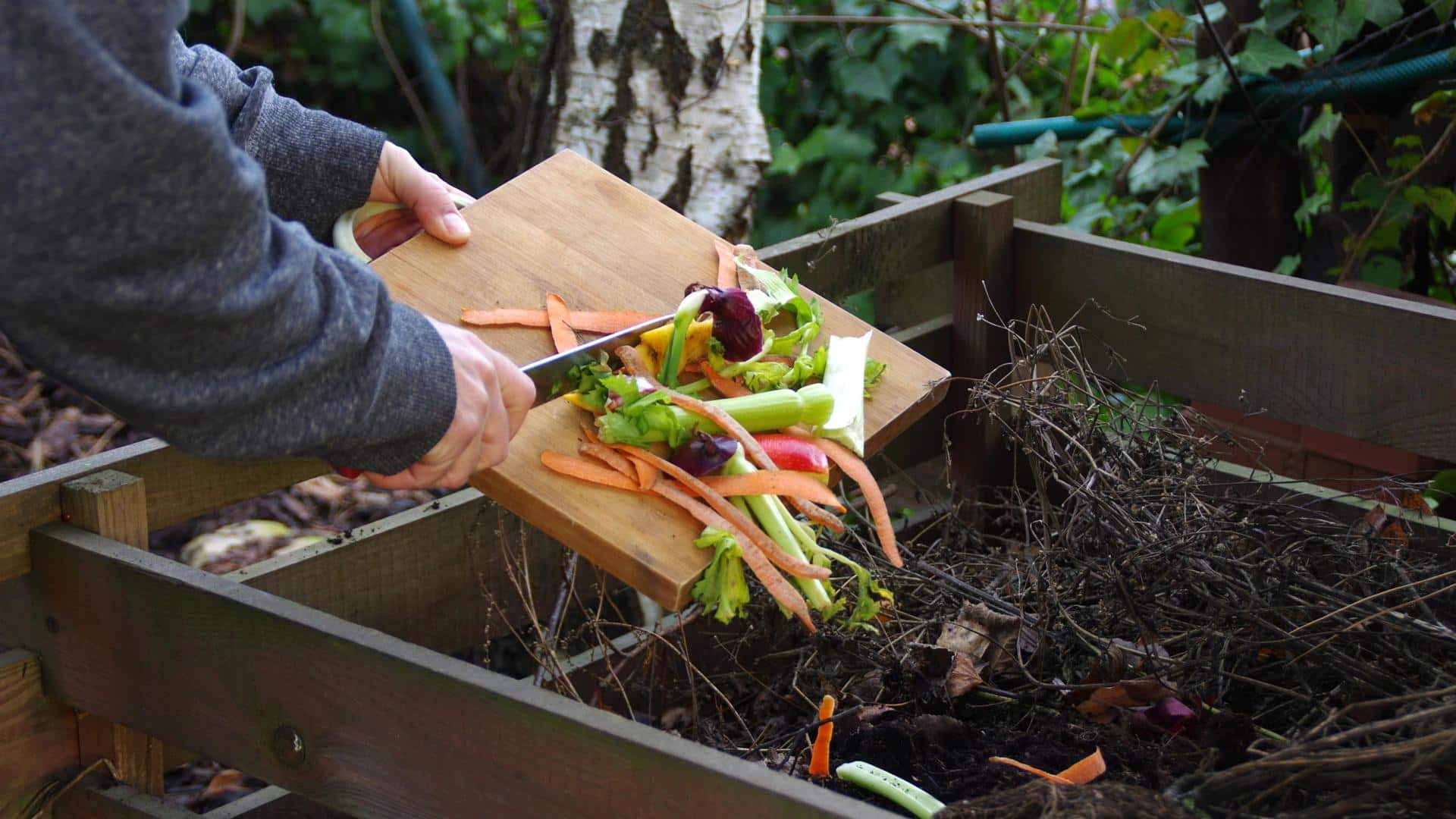
Here's how you can repurpose your food scraps
What's the story
Food waste is a major contributor to climate change and increases greenhouse gas emissions.
Instead of throwing the leftover food and kitchen scraps, you can repurpose them to reduce your impact on the environment and save some money too along the way.
By taking the following steps, you can make a positive impact on the planet and preserve our natural resources for future generations.
Air freshener
Make a DIY air freshener with citrus peels
Citrus peels are a powerful ally in the fight against bad odors.
You can try scooping out the flesh of citrus fruits like grapefruit, limes, or oranges, and filling the rind with a mixture of sea salt, herbs, and essential oils.
This is a simple yet effective way to create a natural and fragrant air freshener that can also double as a decorative item.
Compost
Make compost with your leftovers
Composting is a powerful way to make use of organic materials that might otherwise end up in the trash.
By collecting items like fruit and vegetable trimmings, eggshells, and fish scales, you can create nutrient-rich compost that's perfect for revitalizing your garden soil and promoting plant growth.
Try composting and see how easy it can be to make a positive impact on the planet.
Multipurpose banana
Use banana peels as a polishing tool
Don't throw away banana peels!
Instead of tossing them, you can polish your houseplants by rubbing the inside of the peel on the leaves.
You can also revive your leather shoes and expensive silverware by using the peel to shine them up without resorting to harsh chemicals.
As an added bonus, you can use the inside of the peel to whiten your teeth naturally.
Peels
Soothe your skin with potato peels
Did you know that potato peels can help soothe sore eyes, burns, boils, and infections by preventing further bacterial infections?
They can also provide relief for sunburns.
Meanwhile, apple peels can help reduce dark circles and puffiness under your eyes and remove stains from aluminum utensils.
Instead of throwing away these kitchen scraps use them as simple and natural remedies.
Fuel
Convert them into biogas
Purchase a biogas digester that is suitable for the amount of waste you produce.
Then, add food waste, water, and a bacteria or yeast starter culture to the digester and let it ferment for a few weeks.
Collect the biogas produced and use it to generate energy for cooking or electricity.
The residual waste can be used as nutrient-rich fertilizer in gardening.